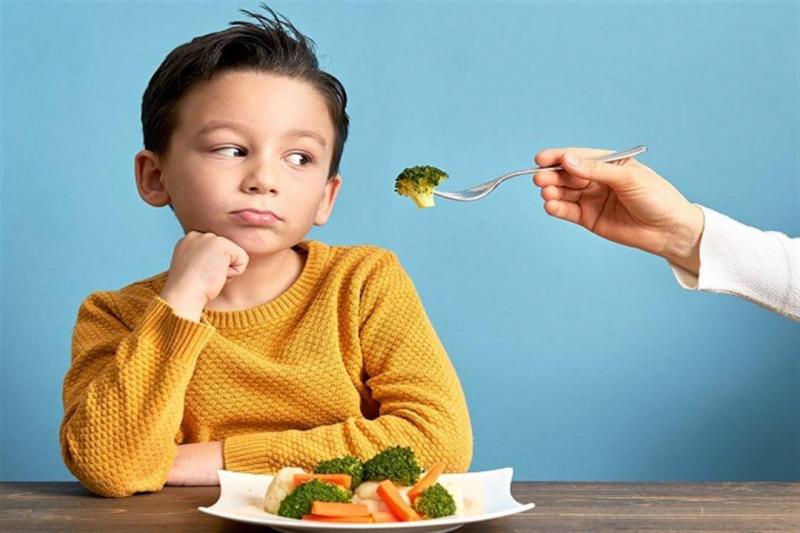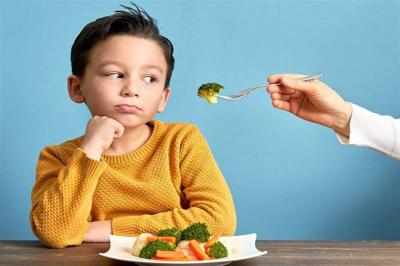Parents often struggle to convince their children to eat vegetables, and a recent study suggests that the facial expressions of parents may play a role in this. Researchers from Aston University in the UK found that children might adopt the same feelings as their parents when they clearly express reluctance to eat vegetables. Dr. Katie Edwards, the lead researcher, stated, "If a child sees their parents showing disgust while eating vegetables, it may have negative consequences on children's acceptance of vegetables."
The researchers investigated whether observing someone else eating affects personal preferences, involving just over 200 young women in the study. They were shown a video of an adult woman eating raw broccoli, with the video subject displaying positive, neutral, or negative facial expressions while eating. After viewing the video, participants were asked about their willingness to eat raw broccoli, and the results indicated that those who watched videos with negative facial expressions rated their likability of the vegetable lower. In contrast, the opposite effect did not occur; thus, unlike previous research suggesting that negative behaviors could be mimicked, the study found otherwise.
Dr. Edwards explained, "Observing others eat raw vegetables with positive facial expressions did not increase adults’ love for vegetables or their desire to eat them." The researchers suggest that avoiding food that appears disgusting might protect against consuming harmful substances; however, smiling and showing enjoyment while eating does not necessarily indicate a love for that food. The problem arises when expressing disgust leads to mimicking that same behavior.
Dr. Edwards noted that the results might suggest "that watching someone eat raw vegetables with positive facial expressions does not seem to be an effective strategy for increasing vegetable consumption among adults," highlighting that although the study focused on adults, the findings could also apply to children.




